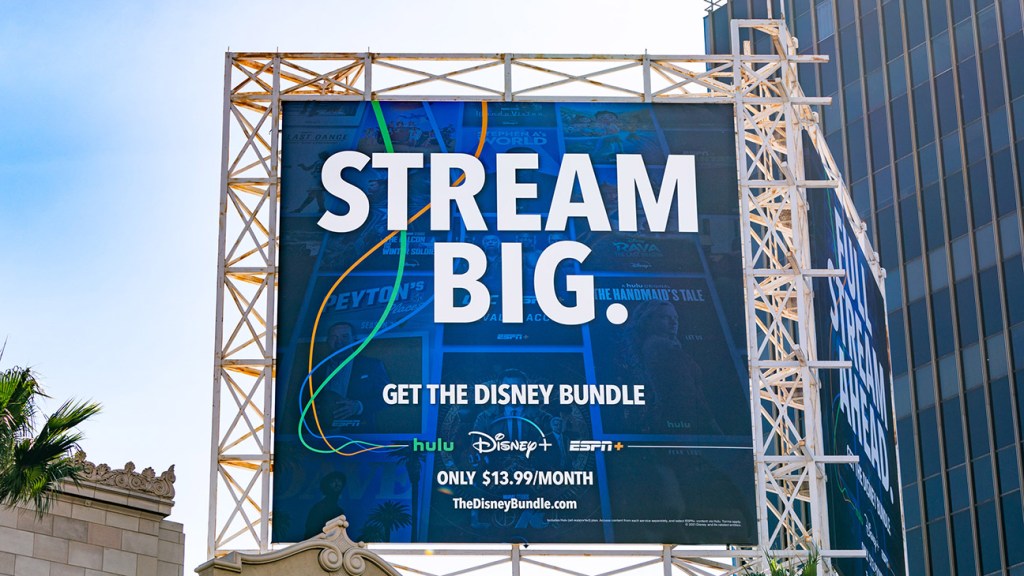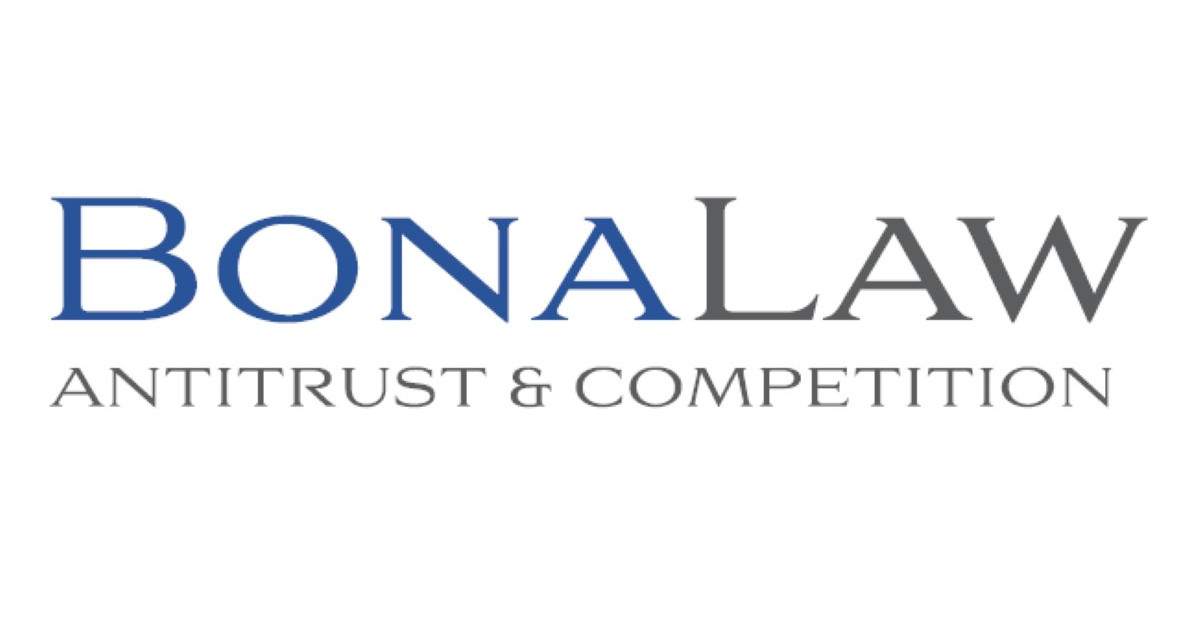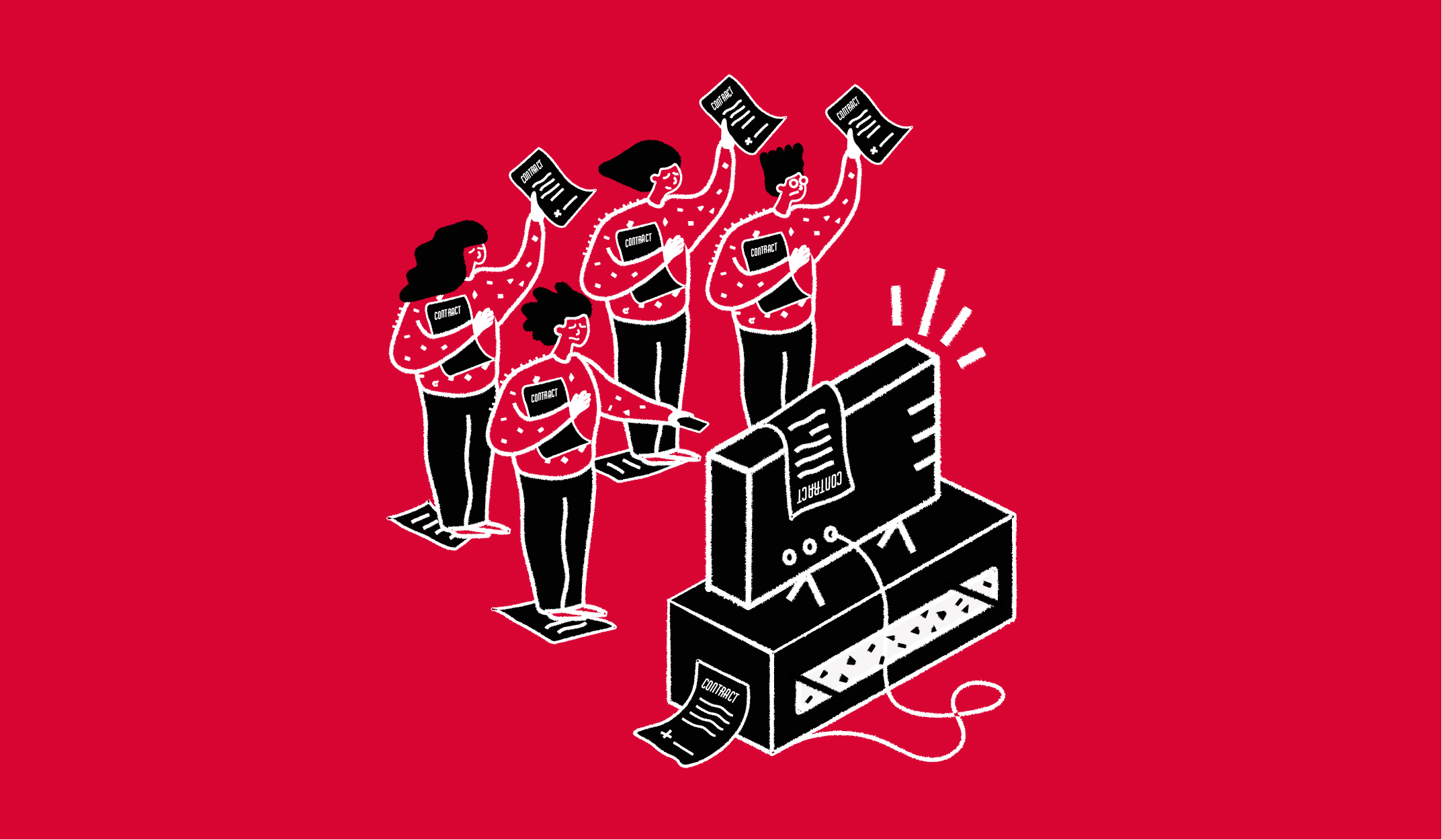The professor in me wants to make one more try:
Let's assume that the pay TV bundle is unique -- that there's nothing like it in any other industry. That doesn't prove it's illegal. There's a difference between being "unique" and being "illegal."
The pay TV bundle is, as both @Knight Shift and I have told you, an example of a tying arrangement. A tying arrangement is one in which I say to you, "I will sell you X, but only if you also buy Y from me." That's the pay TV bundle: "I will sell you the right to view Fox TV, but only if you also buy from me the right to view MSNBC, ESPN, QVC" and so on and so forth.
Tying arrangements are not always violations of the anti-trust laws. (If you don't believe me, see the linked source, a quick summary of the law) That makes it very hard to predict what a court would do with one. The only court case I could quickly find specifically concerning pay TV bundles said the bundle did not violate the antitrust laws. (The case was decided by the 9th Circuit Court of Appeals, and the Supreme Court declined to hear the plaintiffs' appeal of that decision.)
I should add that antitrust laws are not dependent for their enforcement on the Department of Justice or the Federal Trade Commission or any other government agency. Rather, those injured can bring suit in court and potentially collect triple damages. (This is how the National Association of Realtors is being forced to change its rules for charging commissions.) There are lots of plaintiffs' firms that specialize in this kind of litigation because it can be quite lucrative. If the pay TV bundle was really an obvious antitrust violation, we'd be seeing lots of lawsuits to collect damages
May I finally say that since you are the one who made the original assertion of illegality, the burden is on you to make that case. Yelling "as blatant an anti trust violation as one can get" is a statement of a conclusion rather than an argument that demonstrates that conclusion.
Have a good evening! Now here's the source on tying arrangements: https://www.law.cornell.edu/wex/tying_arrangement and here's a source on the court case: https://www.streamtvinsider.com/cable/court-says-tv-channel-bundles-don-t-violate-antitrust-statutes
what a total crock.
a company can require you to buy more than one of it's products, to buy any.
but the instant said company enters into an agreement with all it's competitors that no one can buy any company's product without also buying the competing product of all it's competitors, they have created an absolute monopoly through the effective contractual merger of all the competitors.
any lawyer should know that without my having to school them.
and if the FTC did it's job, (which it no longer does since it's takeover by Wall St), the burden wouldn't always fall on the helpless consumer to fend off monopolies and anti competitive behavior.
and yes, some of our courts are as crooked as can be.
black robes don't stop some judges from being totally corrupt.
these judges were obviously either totally corrupt or total idiots, and my money is on totally corrupt.
Last edited:






